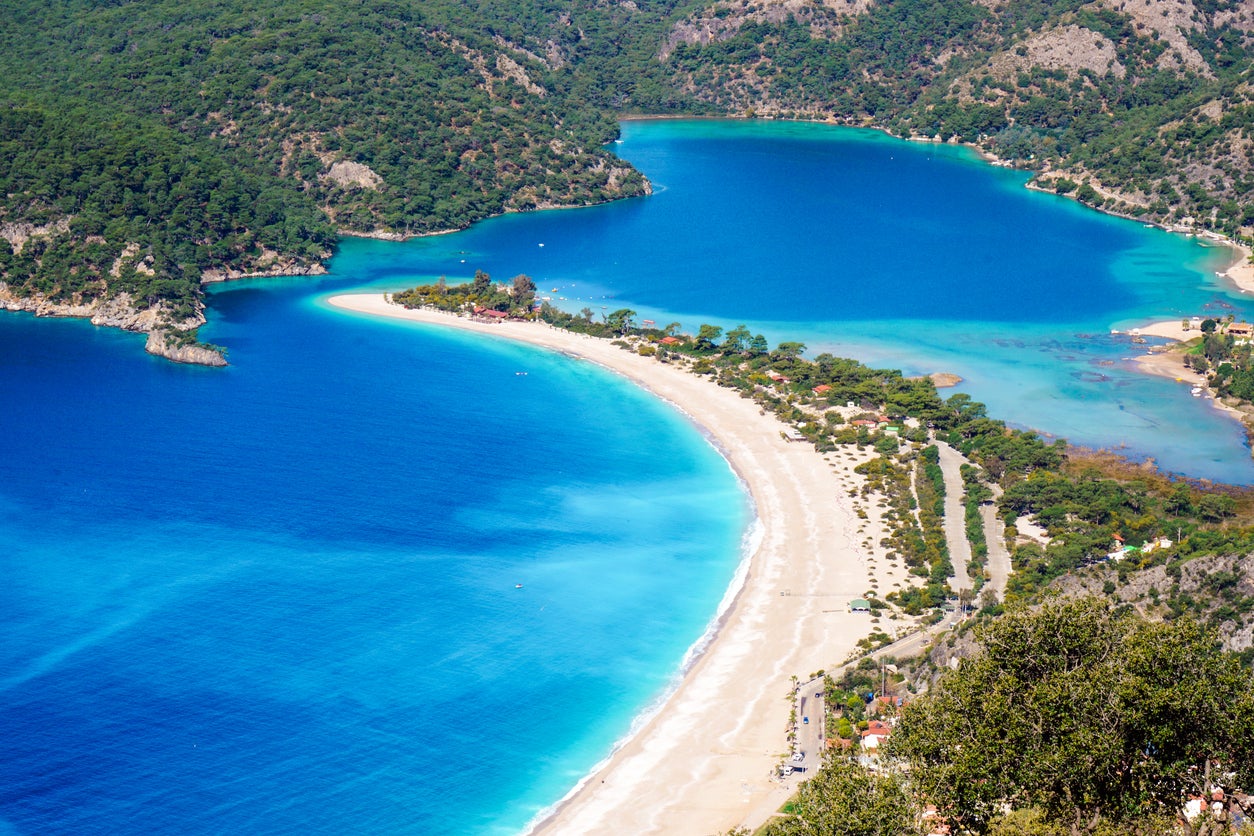Britons continue to travel despite holiday costs rising 7% in a year
Thomson and First Choice are selling just as many holidays, with Turkey staging a comeback

Your support helps us to tell the story
From reproductive rights to climate change to Big Tech, The Independent is on the ground when the story is developing. Whether it's investigating the financials of Elon Musk's pro-Trump PAC or producing our latest documentary, 'The A Word', which shines a light on the American women fighting for reproductive rights, we know how important it is to parse out the facts from the messaging.
At such a critical moment in US history, we need reporters on the ground. Your donation allows us to keep sending journalists to speak to both sides of the story.
The Independent is trusted by Americans across the entire political spectrum. And unlike many other quality news outlets, we choose not to lock Americans out of our reporting and analysis with paywalls. We believe quality journalism should be available to everyone, paid for by those who can afford it.
Your support makes all the difference.The slump in sterling after the EU referendum, and the subsequent surge in holiday prices, has failed to dent the British traveller’s appetite for overseas getaways: that is the conclusion from the UK’s biggest holiday company, TUI.
The firm, which owns Thomson and First Choice, has published its third-quarter results, covering April to June 2017.
“In the UK, as we expected, demand for our holidays remains resilient,” said the firm. “Bookings have remained at the same high level as prior years, despite the impact on pricing from cost inflation, in particular due to the weaker pound.”
Average prices for British holidaymakers are up 7 per cent on the previous year.
The firm said demand is strong for Spain, Greece, Cape Verde, Italy, Cyprus and the Caribbean. “Demand has also improved for North Africa and, in recent weeks, Turkey,” it added.
Both TUI and its rival, Thomas Cook, moved capacity out of Turkey and Egypt as confidence dwindled. But with Spain bursting at the seams with tourists, prices are rising. Turkey is perceived as offering better value.
TUI said it is on course to make €1bn (£900m) in profit on a turnover of €17bn in the full year. But it took a €24m hit from what it calls “TUIfly sickness” – the event in October 2016 when many staff called in sick following the announcement of plans to put its German airline into a new low-cost airline joint venture with parts of Air Berlin and the Austrian airline Niki.
Dozens of flights were cancelled, and the firm was forced to pay compensation to passengers whose travel plans were affected. After months of negotiation between the airlines, the merger was abandoned in June.
TUI also faced criticism from hundreds of disappointed British holidaymakers after the botched reopening of a property in Mallorca in May. Some customers booked into the Alua Soul in Cala D’or were turned away by the manager when they arrived from the airport.
TUI and Thomas Cook have both faced a surge in holiday sickness claims, with many alleged to be exaggerated or fraudulent.
Abta, the travel association, said claims have risen six-fold since 2013. “Yet, during the same period, reported sickness levels in resorts have remained stable and the problem is only associated with UK holidaymakers.”
The tour operators are now responding by defending cases in the courts, some of which have resulted in claimants having to pay the firms’ legal costs.
Join our commenting forum
Join thought-provoking conversations, follow other Independent readers and see their replies
Comments